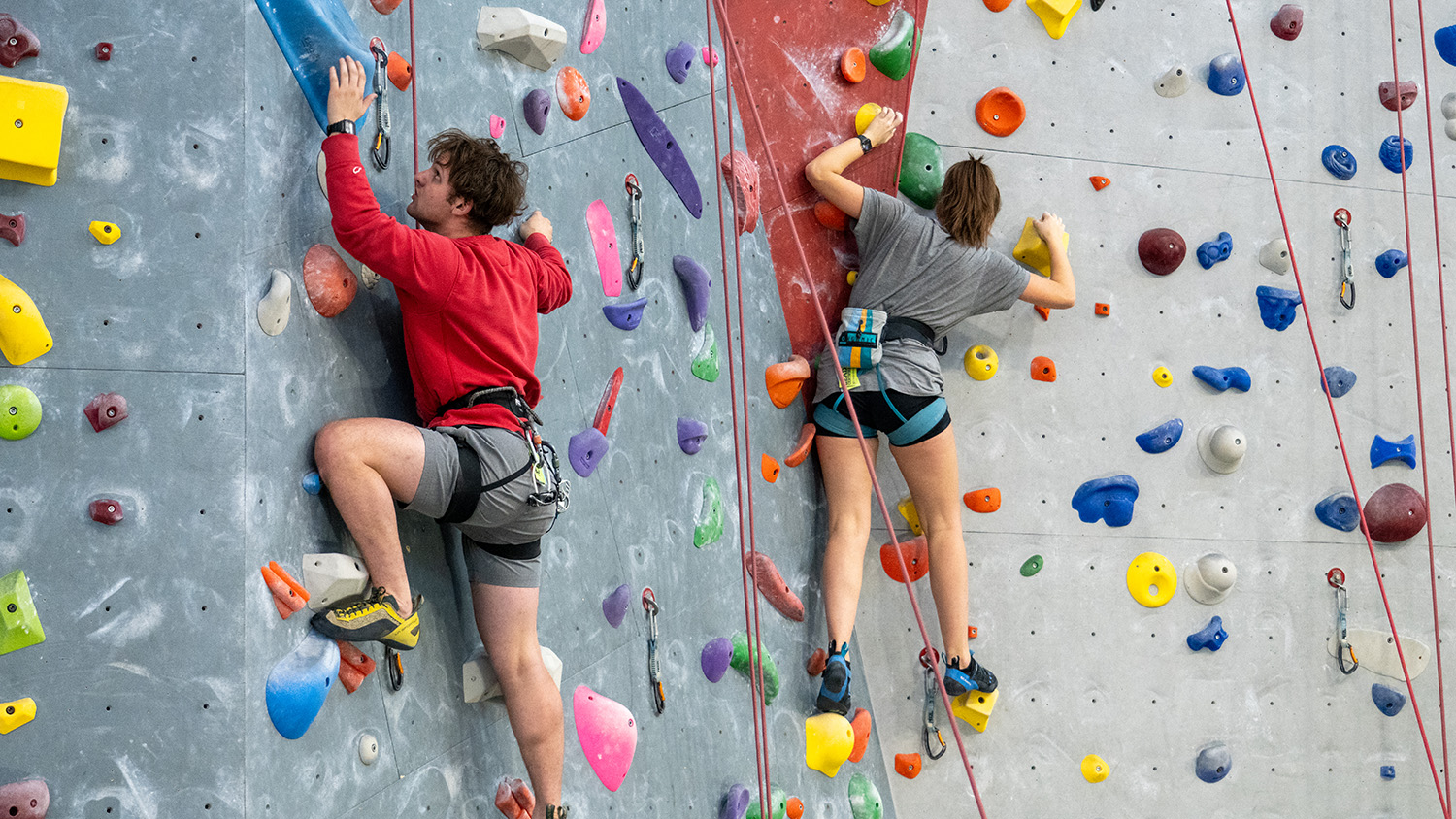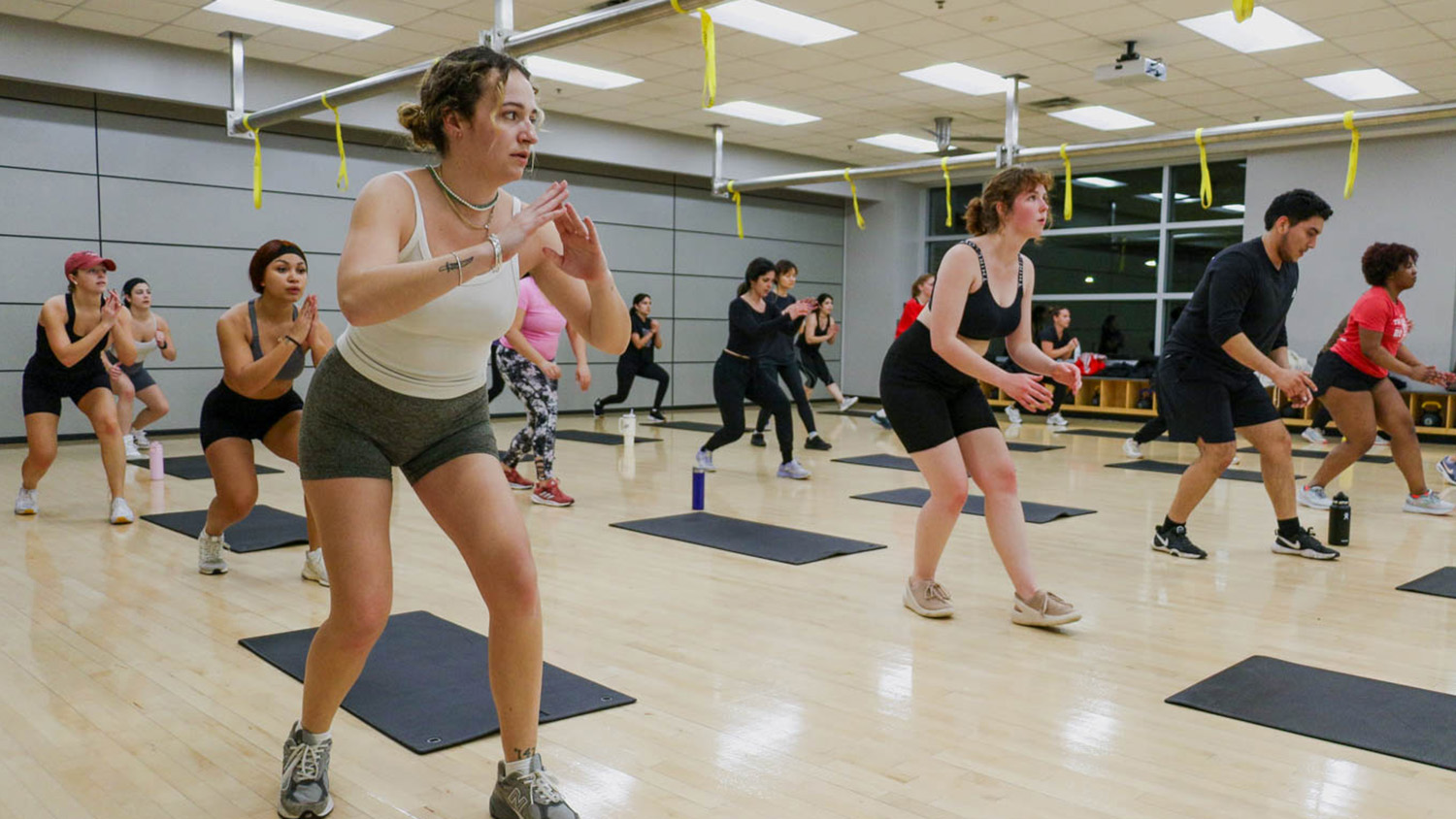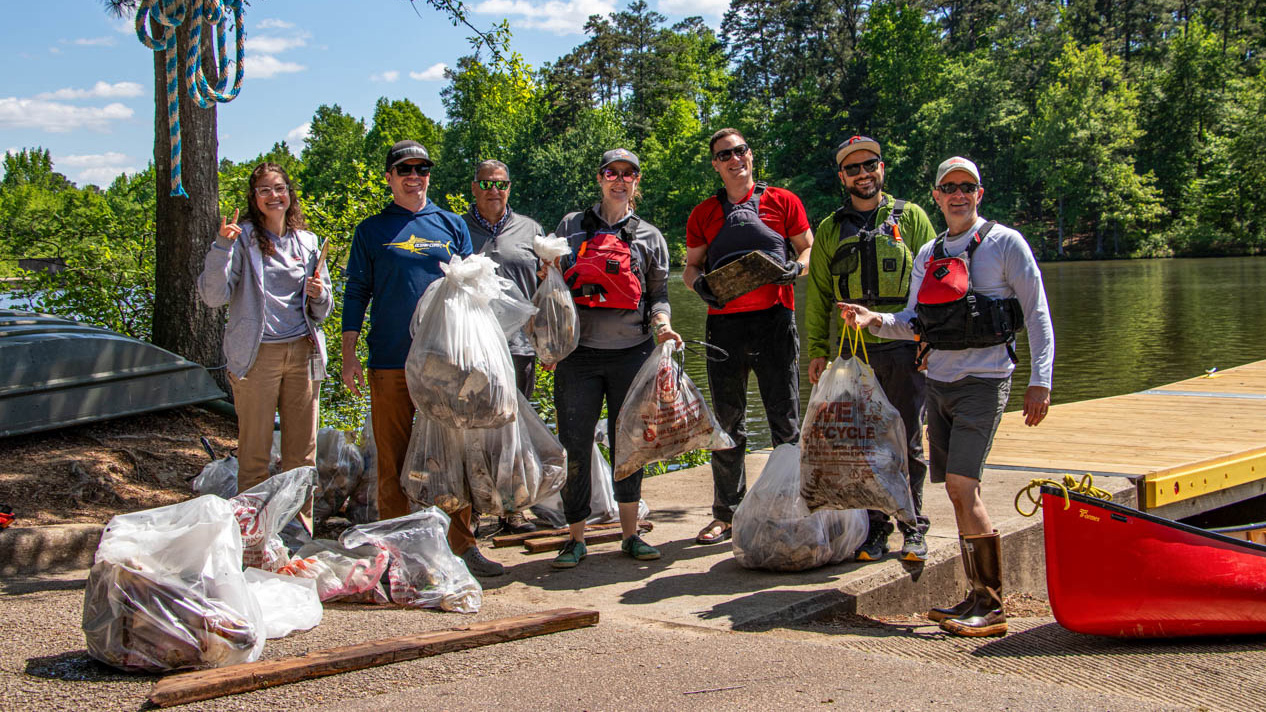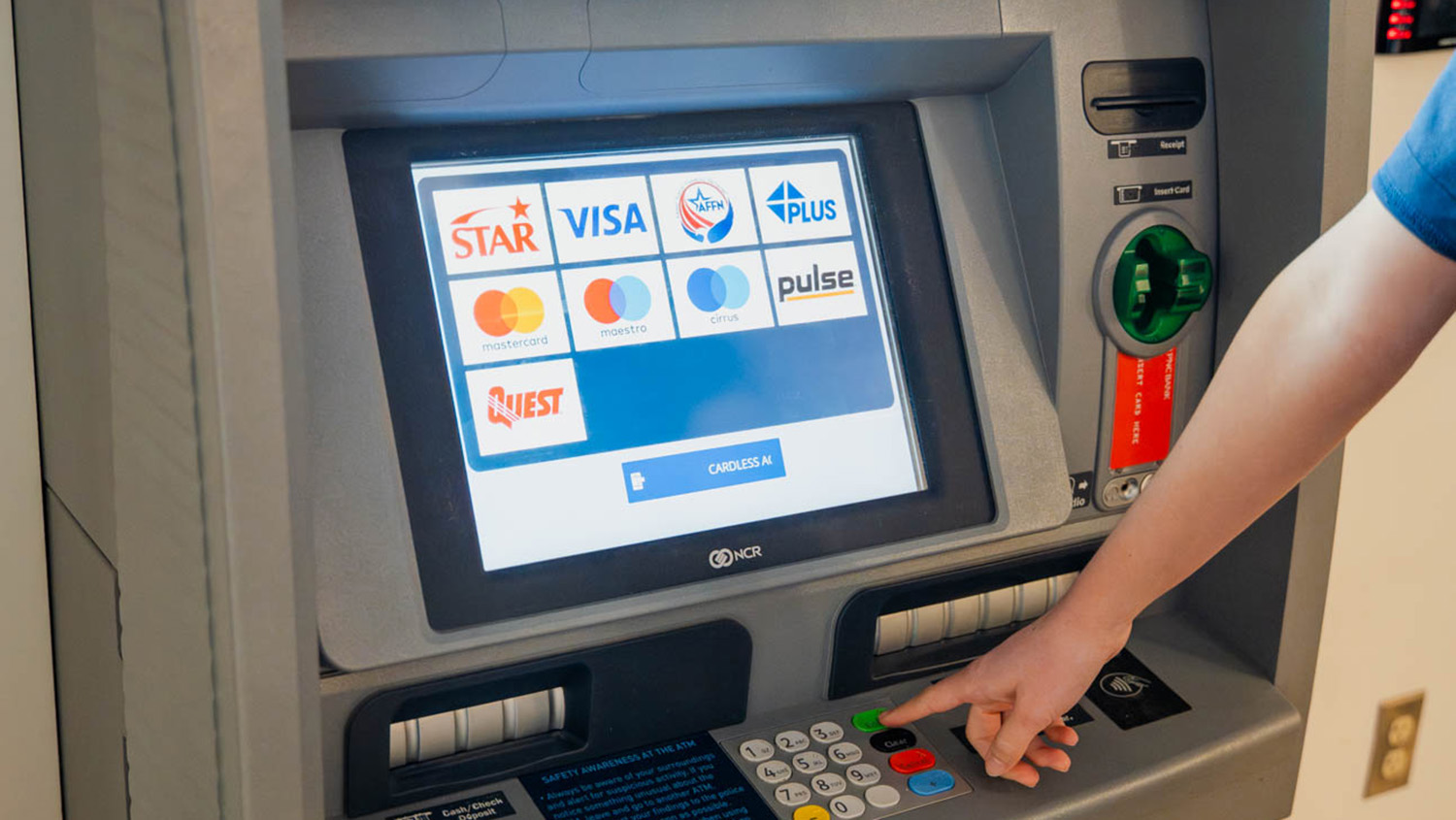The academic life is filled with unique challenges that require creative solutions. The balancing act between productive and restorative time can be difficult.
It can be helpful to ask the following questions and consider how extracurriculars can positively contribute to your life: “What do you do to encourage yourself to get out of your comfort zone?”, “How can you find enjoyment through a club or activity at the end of a stressful day?”, and “How do you prioritize work beyond the desk?” Let’s explore what it means to answer these questions for yourself.
Invest in Personal Interests
Investing time into your personal interests is a great way to grow and learn new skills. It also helps to find a community of people who enjoy similar things as you. Even if you find an activity mildly intriguing, spending some time exploring it with others can be a great way of making friends while discovering if that activity is for you.
Trying out new activities provides an excellent outlet to broaden your comfort zone and discover your underlying motivations, helping you answer the question: “What brings me joy?”
Maybe you discover that the act of creating something tangible gives you a sense of satisfaction, in which case, consider taking a pottery class through the Crafts Center or explore their other workshops, including Crafting Connections in partnership with Wellness and Recreation, scheduled for Jan. 22! Similarly, maybe movement sounds intriguing but you’re looking for structured lessons to get you started: explore the resources through the Department of Performing Arts and Technology to see how you can get started learning this new skill.
Consider obtaining a new skill starting a personal project; start small, but over time you’ll grow your skills as your projects come to life. Explore a variety of student activities in some of NC State’s event hubs like the Talley Student Union, the Wellness and Recreation Center or Witherspoon Student Center. Engaging in volunteer work with other motivated individuals is one of the best ways to build community on campus. And if you’re looking for student-driven organizations, Get Involved at NC State is home to hundreds of different clubs – go check them out!
Balance Priorities
Having fun in the university community is important, as is working hard and managing academic obligations. How do we manage including both of these in our schedules? One important practice is proper planning! There are tons of tried-and-true methods to building plans and managing your priorities, including journaling and reflection, which are deliberate practices that let you explore your values while studying past thought patterns.
Some online resources you can use for planning include Google Calendar or Notion, which are helpful for building, tracking and communicating plans. Using these methods is helpful in making and keeping habits, which are essential for well-being. Whether it’s on an hourly, daily or weekly basis, what kinds of habits can you build into your schedule?
Keeping up with a variety of activities means dividing your attention several ways, but how do you decide which things take priority? Using a calendar can help to establish an order of priority for your task list. The scope of your priorities matters, too!
Being able to plan out priorities is a big part of setting and managing goals, whether short or long term. For example, by planning out the dates of midterms or major project deadlines, you know what weeks may consist of more structured obligations and knowing that might help you better prepare for that long-deserved Spring Break trip.
Be Flexible
When plans don’t work out, flexibility in time management is essential. This means being able to adapt according to your values and personal priorities when a sudden change happens. Imagine being ready to take that road trip with your friends, and plans suddenly shift, leaving you with some unexpected free time. Whether you choose to work, rest or invest in another activity, time flexibility means being able to adapt, shift, and distribute extra time to make the best out of it.
We hope you apply these tips to your 2025 goals and prioritize yourself in every aspect of your life, including what you do inside and out of the classroom.
- Categories:



